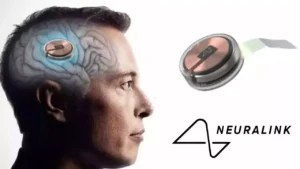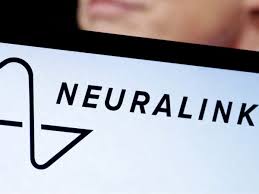Elon Musk’s Neuralink has reached a significant milestone: 100 days since the first human implant of their brain-computer interface (BCI) technology. This marks a major step forward in the field of neural interfaces, with the potential to revolutionize how we interact with technology and even treat neurological conditions.


The Implant and Initial Success
The implant recipient, 29-year-old Noland Arbaugh, who suffers from paralysis below the shoulders due to a diving accident, received the implant in January 2024. Early reports indicated a successful surgery and recovery. The recent update from Neuralink details Arbaugh’s progress in using the implant to control a computer cursor with his thoughts.
Challenges and Improvements
Neuralink’s update also acknowledges some technical hurdles. They reported that a few of the implant’s threads, thinner than a human hair, retracted from Arbaugh’s brain. This resulted in a decrease in effective electrodes and a decline in data collection.
However, Neuralink highlights their response to these challenges. They implemented algorithm modifications to enhance sensitivity and improve the user interface. These adjustments reportedly led to a “rapid and sustained improvement” in Arbaugh’s cursor control, exceeding his initial performance.
The Road Ahead
While these initial results are promising, Neuralink’s technology is still under development. The long-term effects and safety of brain chip implants require further study. The company reportedly considered removing the implant from Arbaugh at one point, highlighting the need for continued caution and transparency.
Looking Forward
The success of Neuralink’s first human implant is a significant development in the BCI field.
While challenges remain, this technology has the potential to improve lives in many ways, from assisting those with paralysis to treating neurological disorders. In the coming years, we can expect to see continued advancements and discussions surrounding the ethical implications of brain-computer interfaces.




